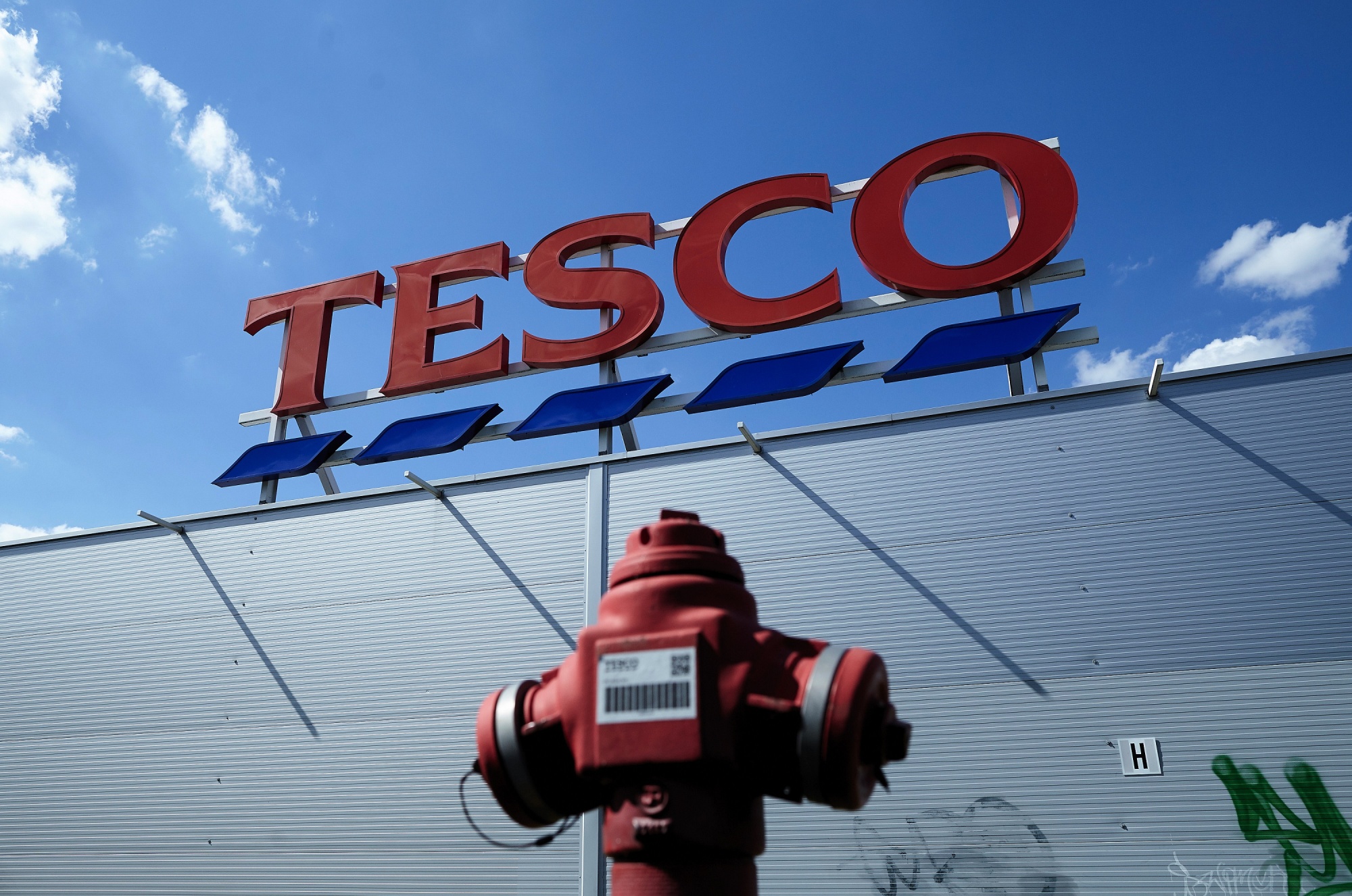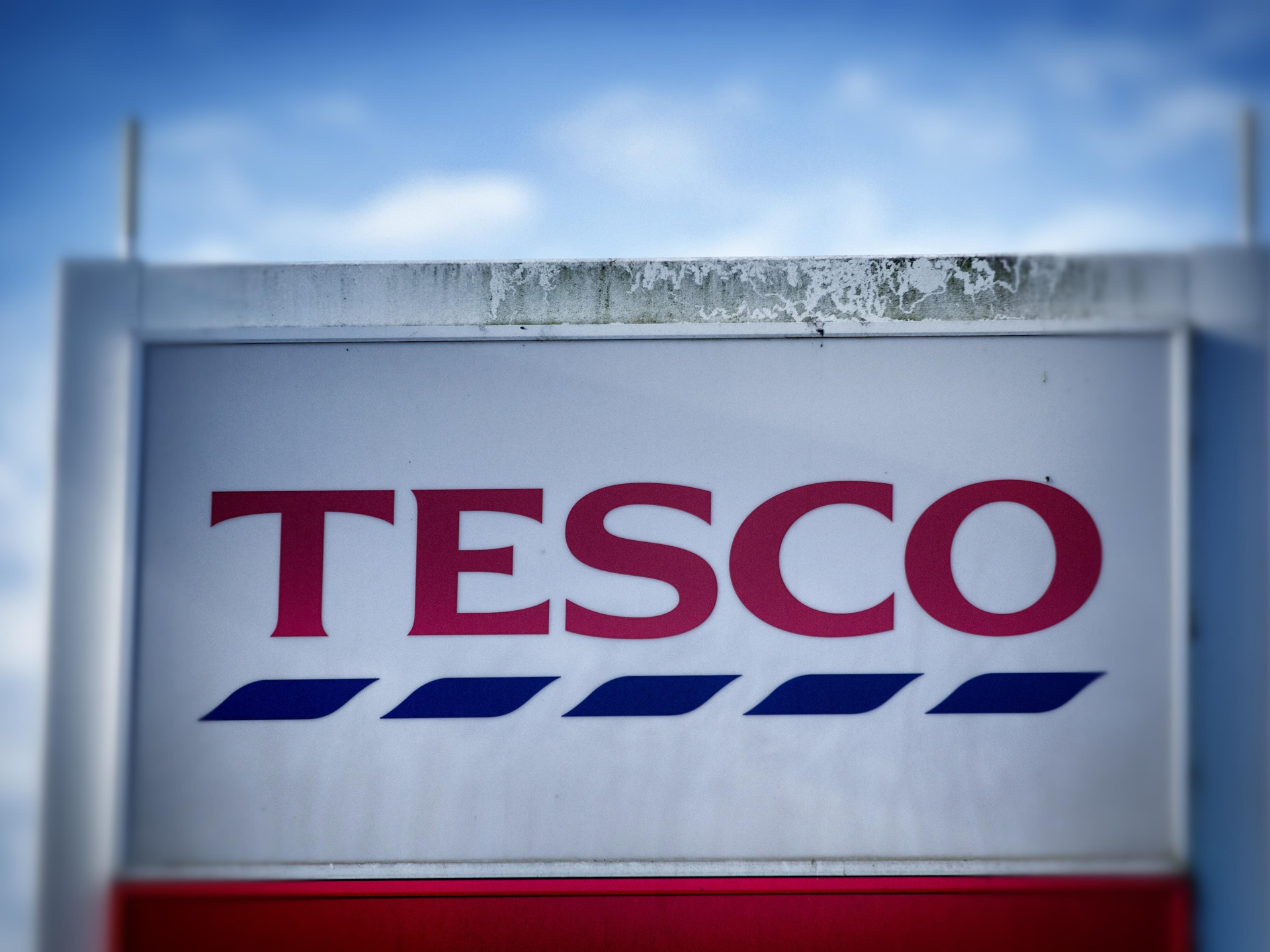In an industry where the battle to retain dedicated staff is as competitive as ever, Tesco, one of Britain’s leading supermarkets, has found itself at the center of a public relations challenge. As the UK’s National Living Wage leaps forward, Tesco’s employees are left waiting for a promised pay rise that positions them above this new threshold, albeit later than anticipated.

Tesco: A Promise Delayed but Not Denied
Tesco’s announcement of a 9.1 percent pay rise for its store staff was initially met with relief and appreciation. The increase, set to elevate hourly wages from £11.02 to £12.02—and even higher, to £13.15 for those based in London—was a response to the rising cost of living and an attempt to offer competitive salaries within the retail sector.
However, the joy was short-lived as employees learned that the implementation would lag behind the National Living Wage increase, effectively leaving 220,000 workers earning less than the new standard for nearly a month.
This delay, saving Tesco an estimated £17 million, has sparked frustration and anger among its workforce. Despite the legality of the delay, under HMRC regulations that allow companies to set minimum pay rates at the start of the “pay reference period” in April or thereafter, the moral implications have been a point of contention.
One of the company’s employee’s sentiments were echoed widely when they told The Mirror that the company’s actions, though legal, “surely must be immoral.”

Union Negotiations and Sector-Wide Impacts
The Usdaw union, representing Tesco workers, has been at the forefront of the push for higher wages. Despite the delay, Usdaw secured one of the largest pay increases in the supermarket sector, emphasizing the substantial investment Tesco is making in its employees.
Beyond the pay rise, Tesco has introduced additional benefits, including extended paternity leave and an increased employee discount, signaling a long-term commitment to improving worker satisfaction.
Meanwhile, the company’s competitors are not standing still. Supermarket chains like Aldi, Sainsbury, and Lidl are also increasing their pay rates, with Aldi even announcing a second pay rise within the year. This sector-wide movement underscores the critical importance of competitive wages in retaining and attracting staff in the retail industry.
Tesco are screwing their workers by paying them below minimum wage for a month or so. Why? Because of a loophole they can. So they are.
Meanwhile they have projected profits of £2.75billion.
Fuck Tesco. https://t.co/FQr0rdCzHw— Jonathan Pie (@JonathanPieNews) March 11, 2024
Looking Ahead: The Future of Fair Wages in Retail
The conversation around fair wages and employee benefits is far from over. As supermarkets across the UK adjust their pay scales to meet or exceed the National Living Wage, the focus shifts to how these changes impact employee loyalty, customer perception, and overall business success.
Tesco’s situation highlights the delicate balance between financial strategy and ethical responsibility—a balance that will continue to evolve as the retail landscape responds to economic pressures and workforce demands.

Tesco’s journey through this wage increase saga offers valuable lessons on the complexities of navigating employee relations and public perception in today’s competitive retail market.
As the company moves forward, the effectiveness of its strategies—both in terms of timing and magnitude—will be closely watched by industry observers, competitors, and, most importantly, its workforce.









